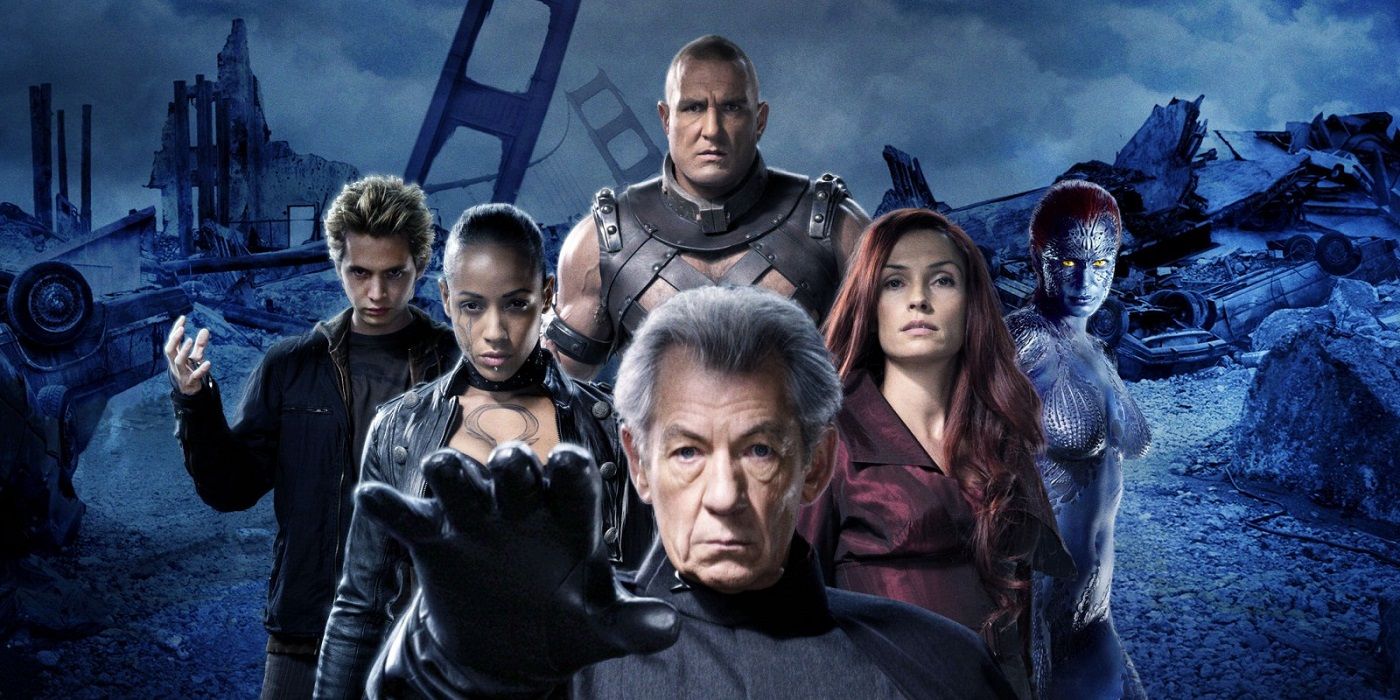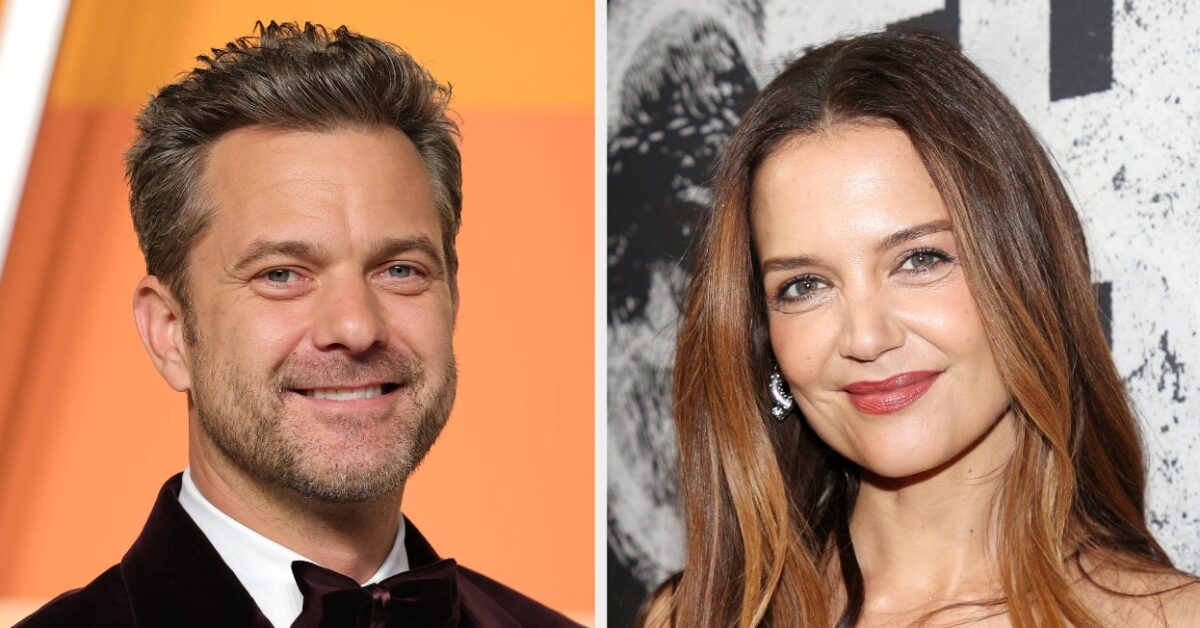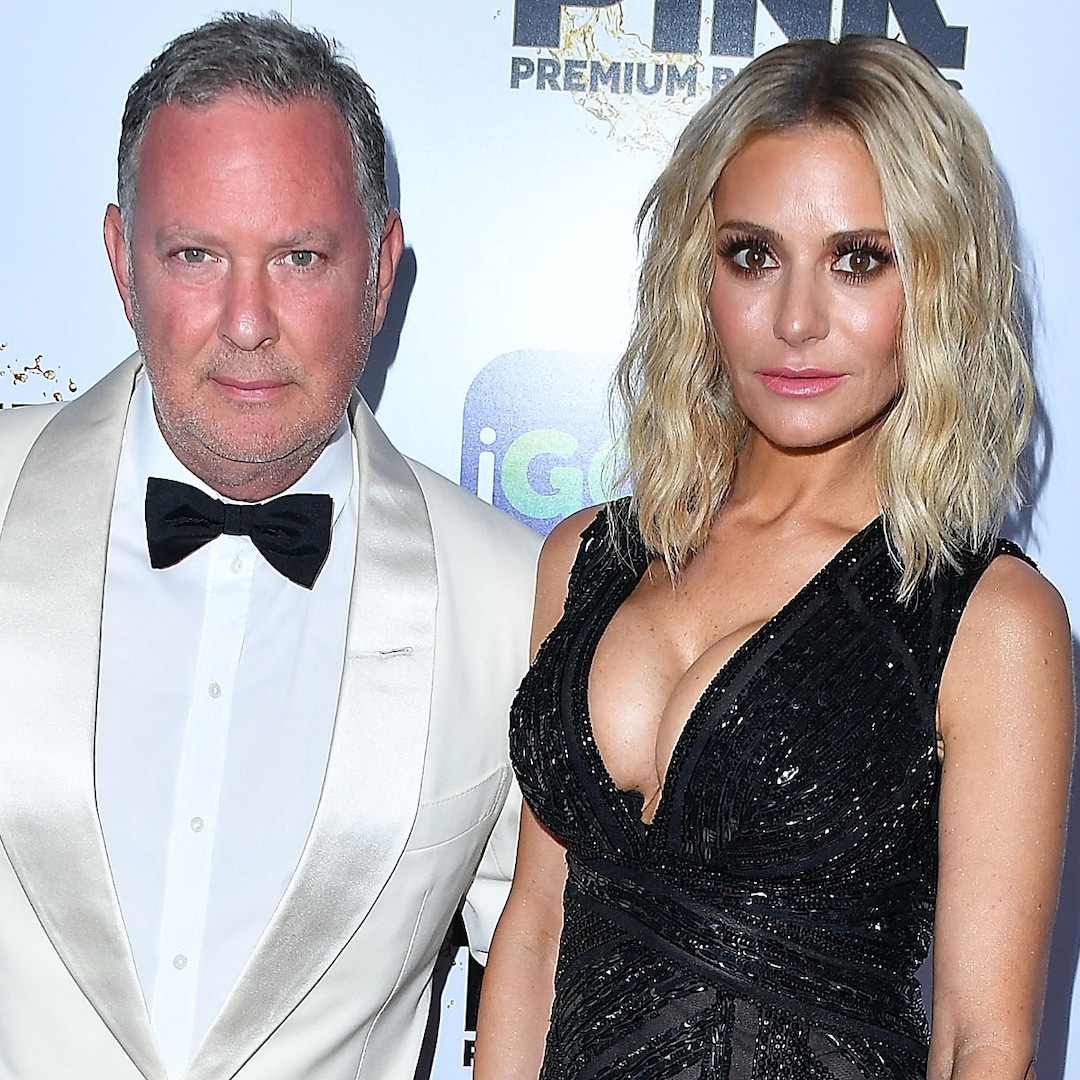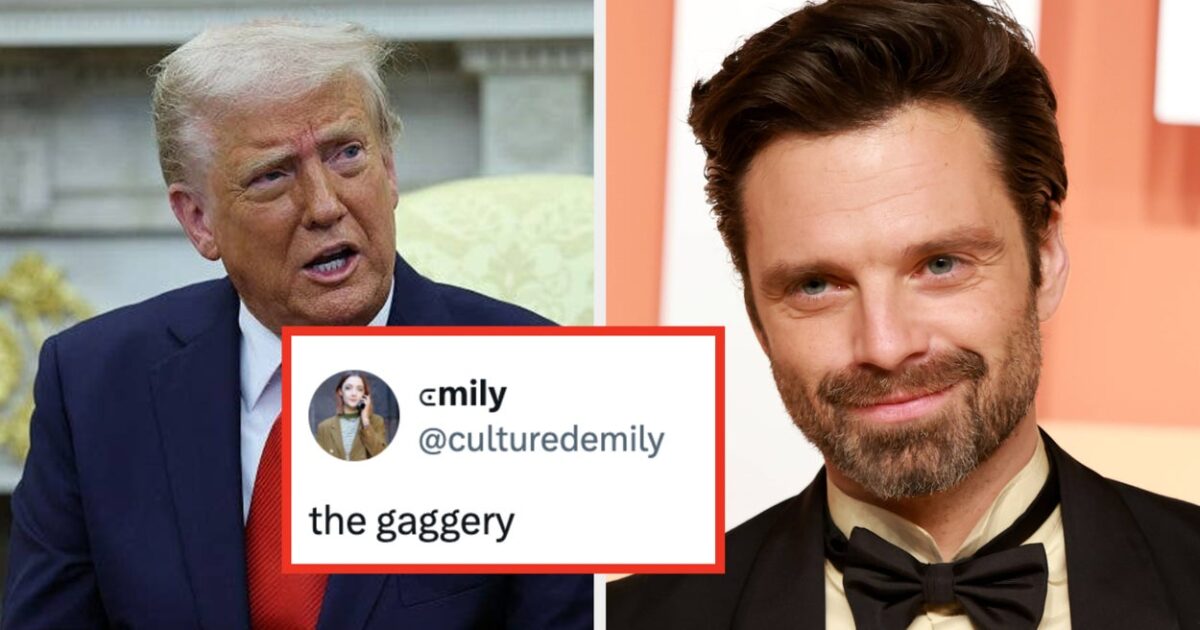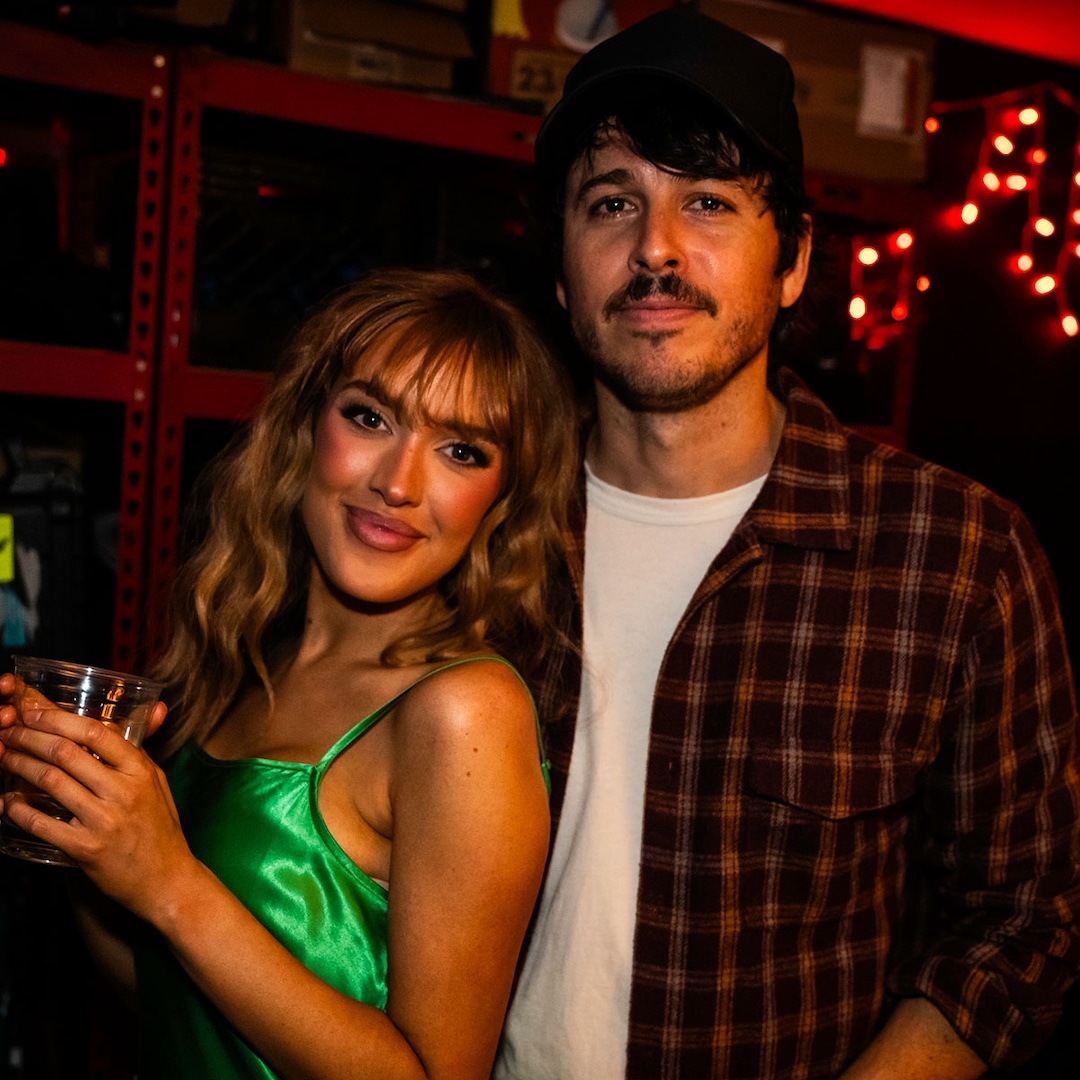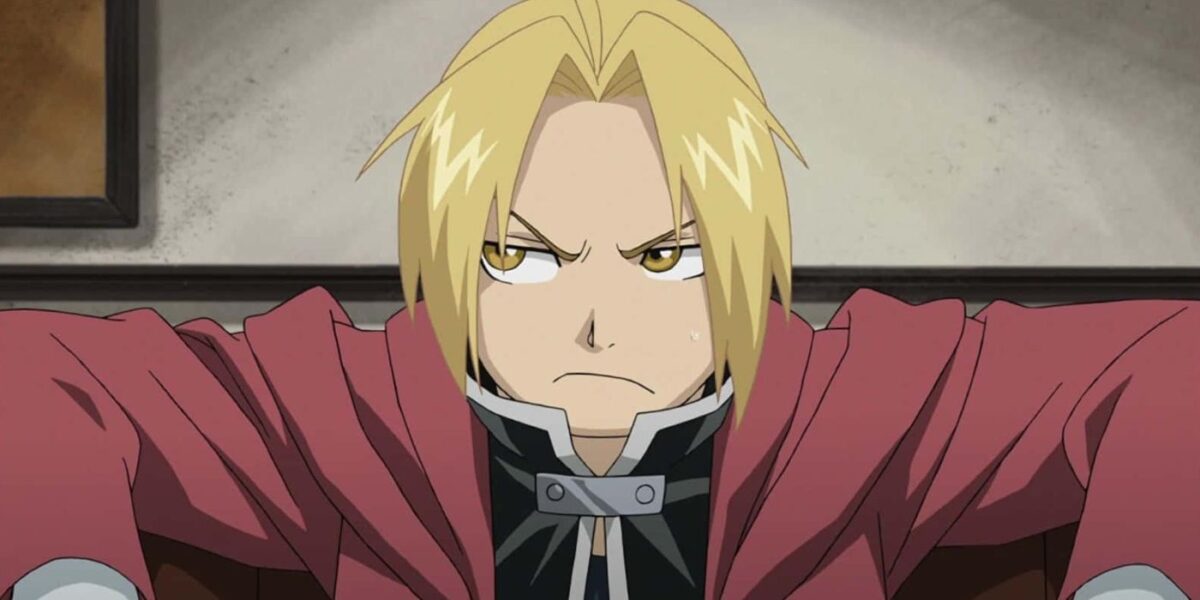
‘Fullmetal Alchemist’ Has 2 Versions, But You Only Need To Watch One
Apr 13, 2025
Spoiler Alert: Spoilers follow for both Fullmetal Alchemist seriesIt’s hard to name many anime franchises more beloved than Fullmetal Alchemist. Originating as a manga series by Hiromu Arakawa, the story revolved around brothers Ed and Alphonse Elric, searching for the Philosopher’s Stone after a failed attempt to bring their mother back to life with alchemy destroyed their bodies. It was fresh and exciting in its genre blend, cleverly mixing steampunk, buddy comedy, and science fiction. Thematically, it explored science versus faith, the dangers of playing god, and the cost of imperialism, all in one amazingly cohesive package.
With a series this beloved, it’s no surprise that it got an anime adaptation, but it’s a testament to Fullmetal Alchemist’s power that it actually got two. The first, released in 2003, went into production before Arakawa had finished the manga series, forcing the show’s team to work independently and conceive their own ending, a la Game of Thrones. The second series, Fullmetal Alchemist: Brotherhood, began airing right as Arakawa was beginning the final story arc, thus letting this creative team adapt the entirety of the manga faithfully. Both incarnations of the story are excellent on their own terms, but one clearly stands superior.
The 2003 ‘Fullmetal Alchemist’ Told an Original (If Flawed) Story
2003’s anime incarnation of Fullmetal Alchemist started development shortly after the manga started becoming popular in Japan, and Arakawa initially supervised the creative team. However, while providing assistance and ensuring they stayed faithful to the characters she created, she made clear that she wanted them to tell their own story, as there was no end in sight for the manga, and she didn’t want them to wait for her (she wouldn’t finish until 2010).
Thus, the 2003 series was a loose adaptation; while the show’s first half remained incredibly faithful to the manga, almost immediately after, it went in a completely different direction. The story’s conceit, “the Law of Equivalent Exchange” (nothing can be gained without something of equal value being lost), became something of a thematic thesis for the series. This resulted in a significant change: the villainous Homunculi were beings created as a result of attempted human transmutation.
Additionally, the story’s dark tone was significantly amped up, arguably to the point of parody. The series explored tensions between Amestris (the show’s setting) and a neighboring foreign nation, Ishbal, and an ancient civil war between the two countries was an important plot point. While Arakawa was initially inspired by the Ainu (the indigenous people of northern Japan), the 2003 creative team saw clear parallels with the War in Iraq. While their deep dive into xenophobia and the military industrial complex was certainly interesting, they admittedly got heavy-handed and self-serious.
Despite these flaws, the 2003 series is still absolutely worth watching. It’s a fascinating, if somewhat flawed, experiment to create an involving story with only a starting point and no endgame (it certainly does it better than Game of Thrones). While the endgame inevitably feels different from what was foreshadowed early on, it’s a show that takes several ambitious swings, with many connecting. That being said, it’s clearly the inferior adaptation of the story.
Related
10 Anime Movie Masterpieces Not Based on a Manga
While most anime comes from manga pages, these movies drew inspiration from other sources.
‘Fullmetal Alchemist: Brotherhood’ Is the Story Told Right
Let’s get the flaws of Fullmetal Alchemist: Brotherhood out of the way right now: since the first chunk of the story is identical to the manga and the 2003 series, it feels a bit rushed in its pacing. While the story beats and character arcs track, they lack the breathing room that the other incarnations nailed. Otherwise? Fullmetal Alchemist: Brotherhood is a near-flawless adaptation of one of the greatest manga series ever, one that stays true to Arakawa’s vision while bringing it to life in ways that feel almost unfair in how well they’re executed.
To begin with, the core of the franchise has always been the central relationship between Ed and Alphonse Elric. The 2003 series admittedly put the brothers’ dynamic on the bench on occasion in favor of the plot, but Brotherhood doesn’t repeat this mistake. We get invested in the story because Ed and Alphonse genuinely feel like brothers: bickering at times, joking around with others, and always looking out for each other. It helps greatly that Brotherhood is a bit more dexterous with tone; while the 2003 show was largely a downer, this one does a better job at balancing the emotional highs and lows.
Related
11 Anime Sequel Series That Are Just as Good as the Original
Some rare anime sequels manage to live up to the legacy of the original and offer a seamless continuation of the narrative.
Also helping matters significantly is the fact that the show’s endgame feels more in line with the story than that of the 2003 series. While the manga was still being written when Brotherhood began development, Arakawa was reaching the final stretch and was thus able to tell the creative team about her planned conclusion. Thus, while the Ishbalan story arc and the origins of the Homunculi pan out differently, they feel more organic, and arguably more thematically in line. And this is all before getting into the climactic sequence, where the villainous Father transmutes himself into a god using the continent as an alchemy circle, which features some of the most breathtaking animation the medium has ever seen.
Of course, this doesn’t mean the 2003 series should be entirely dismissed, as it contains multiple strong points and is still worth a viewing. But Brotherhood is clearly Arakawa’s story told right, executed at the highest possible level, and thus, the incarnation of the franchise most deserving of your time. Fullmetal Alchemist: Brotherhood is streaming on Netflix, Crunchyroll, and Hulu.
Publisher: Source link
Joshua Jackson Hinted At His “Close” Relationship With His Ex And Former “Dawson’s Creek” Costar, Katie Holmes
Katie and Joshua had a romantic relationship while starring together on “Dawson’s Creek” between 1998 and 2003.View Entire Post › Disclaimer: This story is auto-aggregated by a computer program and has not been created or edited by filmibee.Publisher: Source link
Apr 26, 2025
Dorit Kemsley’s Ex PK Spotted Making Out With New Woman Amid Split
And while the exes have yet to officially file for divorce, Dorit is no longer holding out hope for a cordial reunion. "I'm hurt, I'm sad," the Beverly Beach founder explained. "I think I'm realizing more and more each day…
Apr 26, 2025
Sebastian Stan’s Hilarious Comments About Donald Trump Are Going Viral
Here's what he said: "I would put money down he's seen it 100 fucking times, of course, because he's a narcissist. And I bet you there's certain things he likes about it." Such as? "How he looked." Win McNamee /…
Apr 25, 2025
Morgan Evans, Kelsea Ballerini’s Ex, Dating Laci Kaye Booth
January 2023: First Date NervesIn August 2023, Kelsea posted footage of the beginning of their relationship, sharing a throwback clip on TikTok of herself preparing for their first official date on Jan. 7, 2023. "Happy weekend," she captioned the post,…
Apr 25, 2025

